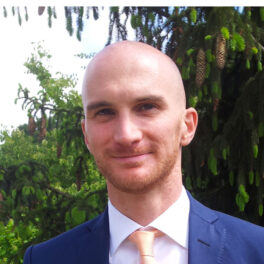Integrated course (IC)
Objectives
At the end of the course, students will have acquired knowledge about the historical origins of the Developmental Psychology through the study of different schools of thought, authors, and approaches that have shaped the evolution of the field, as well as knowledge regarding childhood psychopathology.
Programme
The main objective of this course is to introduce the fields of Developmental and Educational Psychology. It will review the primary research methodologies employed in the discipline and offer a comprehensive overview of the leading theoretical frameworks in Developmental and Educational Psychology. Furthermore, the course will address the major psychological disorders of childhood and present the standardized tools used for their screening and diagnostic evaluation.
Course Content:
- Introduction to the fundamental concepts of Developmental and Educational Psychology, along with a historical overview of the discipline.
- Major theoretical frameworks in Developmental Psychology: psychodynamic, ethological, cognitive, behavioral, ecological, and social learning theories.
- Research methodologies in Developmental Psychology.
- Attachment theory.
- Childhood psychopathology: Autism Spectrum Disorder, Intellectual Disability, Attention Deficit Hyperactivity Disorder (ADHD), Oppositional Defiant Disorder, Conduct Disorder, Specific Learning Disorders, and Anxiety Disorders, Personality Disorders in adolescence.
- Assessment instruments: WISC-IV, Vineland II, CBCL, SCARED, BIA, and Conners Rating Scales, Test delle Campanelle.
Exam
The achievement of the course objectives will be assessed through a final written and oral exam.
Bibliography
- Miller, P. (2019). Teorie dello sviluppo psicologico. Il Mulino.
- Celi, F., Fontana, D., & Tarabella, L. (2015). Psicopatologia dello Sviluppo. Storie di bambini e psicoterapia. McGraw-Hill Education.


